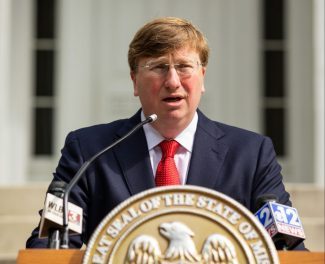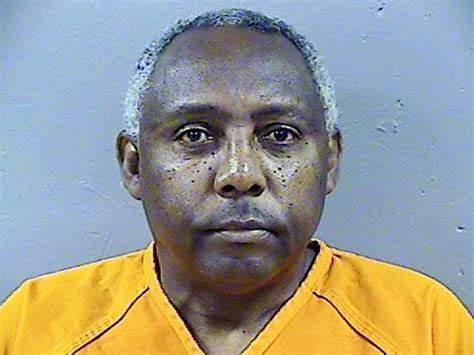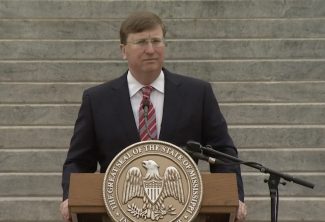
Reeves won’t call a special session if he feels lawmakers are ill-prepared to address the initiative process or medical marijuana program in a timely manner.
On Thursday, Governor Tate Reeves was asked on SuperTalk’s Gallo Show if he was anymore inclined now to call a special session to address medical marijuana and the initiative process.
His short answer, not yet.
“I stand in the same position I have over the last few weeks since the court case came down,” said Reeves. “Just to remind our fellow Mississippians, we really have two issues that need to be addressed and I’m for addressing both of them.”
Reeves went on to explain that not only do lawmakers have to implement a medical marijuana program in order to satisfy the will of the people, but they have to address the initiative process as a whole.
“I’m not waiting on them to say ‘Governor I’m ready.’ We are trying to lead the conversation and lead the discussion to get to the right solution so we can very quickly come in and pass a bill,” said Reeves.
Special session fees run upwards of $30,000 a day when called outside of a regular session.
With respect to the initiative process itself, the state Supreme Court ruled that it was unconstitutional because of its mention of five congressional districts and not the four that the state currently operates under.
RELATED: Mississippi Medical Marijuana law and initiative process goes up in smoke
Reeves said in order for this to be rectified it must go before the Mississippi Legislature. A proposal must be made in the form of a referendum, and then it must go before the voters on the ballot. Mississippi does not have another true statewide election until November of 2022. Reeves said he is of the opinion lawmakers should sit down for the time being and have a conversation about the initiative process and ensure that a proposal can be on the ballot at that time.
The Governor did not indicate a desire to handle it prior to the 2022 regular session, but the Legislature could set an early statewide special election if they saw fit and he approved of it.
When it comes to a medical marijuana program, he said that is a very different issue entirely.
“I do not believe the Legislature should ignore the will of the people. Therefore, it is incumbent upon the leadership in the House and Senate to come to a consensus on what that medical marijuana program looks like,” said Reeves.
He commended the Senate Public Health and Medicaid committees for holding hearings to learn more about program options and ensure they are ready to file a bill. He noted SB 2765, which was offered by the Senate in 2021 and would have gone into effect in the event the Supreme Court struck down Initiative 65.
The Senate bill was killed multiple times during the session by the House.
While conversations are ongoing, Reeves said he did not believe it made sense to bring legislators into a special session without more of a solid consensus.

Lt. Governor Delbert Hosemann and Speaker of the House Philip Gunn have both been on record saying they are not opposed to the call of a special session to work on these issues.
Hosemann agreed with Reeves when speaking to the press, saying a special session should be organized and done timely to minimize cost to taxpayers.
Reeves was adamant that this needs to get done but that it needs to get done right. He added that there are many moving parts and decisions to be made and he wants to get it right on the front end.











